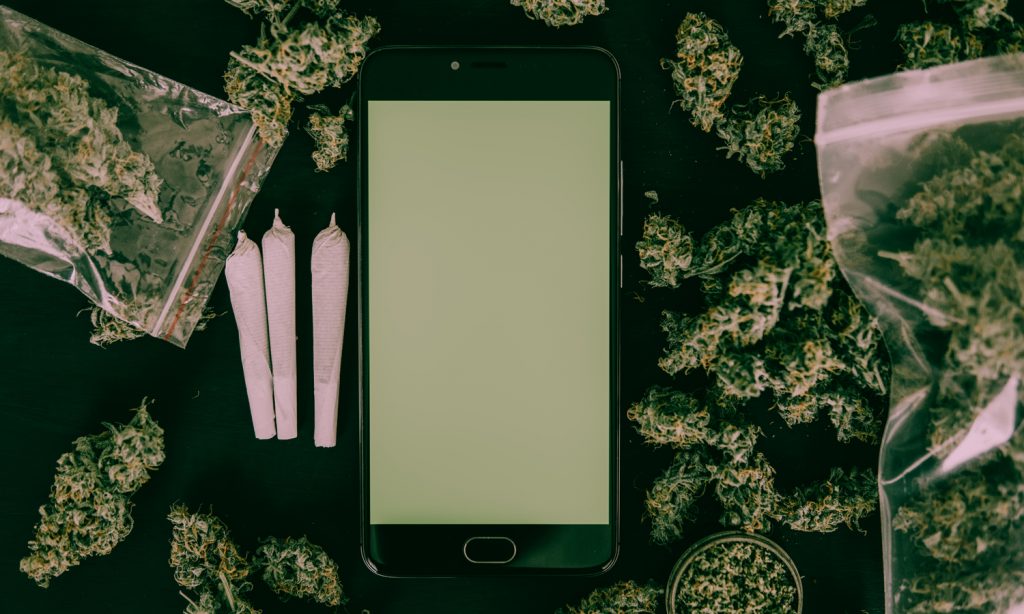The idea behind this project is to create a detection model that would enable “just-in-time intervention” to reduce possible harm.
By Nina Zdinjak
In addition to the myriad uses for which a smartphone comes in handy, in the near future, another one might be coming down the line: detecting cannabis intoxication in young adults.
A new study, published in the journal Drug and Alcohol Dependence, evaluated the feasibility of using smartphone sensor data such as GPS to identify episodes of cannabis intoxication, which include euphoria, motor skills impairment, time and spatial distortion, or in more severe cases, extreme anxiety panic attacks, hallucinations, and/or chest pains, among others.

It is commonly believed that cannabis overuse has been associated with slow response time, which can affect work and school performance or impair driving ability. Current cannabis detection techniques measure blood, urine, or saliva but have their limitations, about which experts, as well as law enforcement agencies, generally agree because levels of impairment cannot be determined by a single measure, unlike alcohol.
RELATED: Marijuana Overdose: Don’t Freak Out, It’s Only Cannabis
This latest study, undertaken by the Rutgers Institute for Health, Health Care Policy and Aging Research, adds to the research by examining daily data collected from young adults in real-life situations who confirmed marijuana use at least twice a week.
The Perfect Combo – Time Features Plus Smartphone Sensor Data
By analyzing time features (tracking the time of the day and day of the week) in combination with smartphone sensor data, researchers achieved 90% accuracy in identifying cannabis intoxication incidents. Time features alone had only 60% accuracy in identifying self-reporting of cannabis intoxication.
RELATED: How To Avoid Going To The Emergency Room For Marijuana Overdose
The two most valuable phone sensor features for this detection were travel patterns from GPS data (at times when they reported feeling high) and movement data from the accelerometer. The accelerometer tracks different motions including shaking, swinging, tilting, rotation and changing the orientation of the app that was utilized.

“Using the sensors in a person’s phone, we might be able to detect when a person might be experiencing cannabis intoxication and deliver a brief intervention when and where it might have the most impact to reduce cannabis-related harm,” said corresponding author, Tammy Chung, professor of psychiatry and director of the Center for Population Behavioral Health at Rutgers’ Institute for Health, Health Care Policy and Aging Research.
The “Higher” Goal
The idea behind this project is to create a detection model that would enable “just-in-time intervention” to reduce possible harm. It was concluded that this model has the potential to reach that goal.
Other study authors include faculty from Stevens Institute of Technology, Stanford University, Carnegie Mellon University, University of Tokyo, Japan and University of Washington, Seattle.
This article originally appeared on Benzinga and has been reposted with permission.


